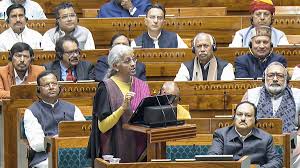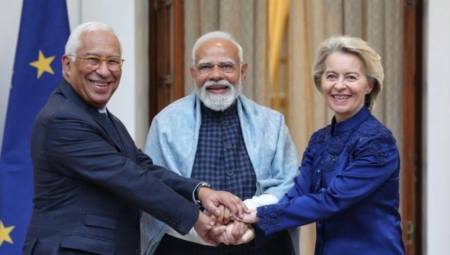Indian refiners reject Russian crude on Sovcomflot ships due to US sanctions, disrupting the oil trade.

In a significant development impacting global oil trade, all of India’s refiners have ceased accepting Russian crude carried on PJSC Sovcomflot tankers. This decision comes as a response to the stringent sanctions imposed by the United States, further complicating the trade dynamics that have thrived since the invasion of Ukraine two years ago.
Sources familiar with the matter revealed that both private and state-run processors, including industry giants like Indian Oil Corp., have halted the acceptance of cargoes if they are transported on Sovcomflot vessels. Refiners are meticulously scrutinising the ownership of each ship to ensure they have no affiliations with the sanctioned entities. The heightened scrutiny of Sovcomflot tankers has caused delays, with two vessels currently anchored off the South Asian coast awaiting unloading.
Despite numerous attempts to reach out, Indian Oil, Bharat Petroleum Corp., Hindustan Petroleum Corp., Mangalore Refinery & Petrochemicals, and Nayara Energy—partially owned by Russia’s Rosneft PJSC—have not provided immediate comments on the matter.
Sovcomflot declined to comment on its operational activities. Last month, the U.S. Treasury’s Office of Foreign Assets Control singled out Sovcomflot and identified 14 crude oil tankers in which the state-controlled firm holds interests. This follows previous measures taken against non-Sovcomflot ships and Russia-affiliated companies since October, aiming to curb the trade of Russian oil.
The disruption in the oil trade due to Sovcomflot’s involvement has led to narrowed discounts for Indian buyers, compensating for higher freight costs. Initially, discounts surged to $30 a barrel post-war but have since been reduced to $2–$4. Despite the challenges, India is anticipated to continue importing significant volumes of Russian crude this month, with estimates reaching 1.8 million barrels per day—the highest since July.











